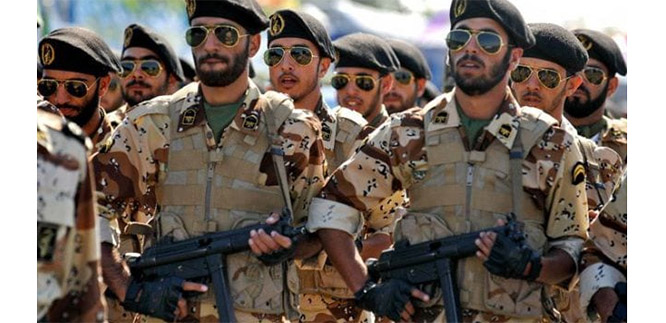New Delhi, May 18: Aam Aadmi Party (AAP) chief Arvind Kejriwal, who was claiming to be winning all seven seats in Delhi, seems to be less hopeful after the polling on May 12. The Delhi Chief Minister who was riding on the hope that his party would get a big chunk of Muslim votes, which is more than 12% in the national capital, has said that the minority community's votes shifted to the Congress at the last minute before polling.
"Let us see what happens. Until 48 hours before polling, it seemed like all seven seats will come to AAP. But at the last moment, the complete Muslim vote got shifted to Congress. We are trying to figure out what happened," Kejriwal told the Indian Express when asked how many seats would the AAP get in the Delhi.
Conceding that it may hurt the AAP, Kejriwal said Muslims are "12-13 per cent" in Delhi.
Voting for seven Lok Sabha seats in Delhi was held on May 12 with the capital recording a voter turnout of 60%, down from 65 per cent in 2014, in a three-cornered Lok Sabha contest among BJP, AAP and Congress.
All seven seats were won by the BJP in 2014 Lok Sabha elections.
According to a Times of India report, the constituencies with a sizeable population of Muslims saw impressive turnout with higher voter percentage than other areas. Ballimaran, Matia Mahal and Seelampur recorded highest turnouts with 68.3%, 66.9% and 66.5%, respectively. Voting in Trilokpuri, Mustafabad and Babarpur constituencies was also higher than the state average with 65.4%, 65.2% and 62.1% respectively. Only Chandni Chowk, 59.4%, and Okhla, 54.8%, recorded lower turnout than the average.
The voting percentage in 3 out of 7 seats in Delhi got more women to vote than men. The East Delhi constituency, which is seeing a triangular contest between BJP's Gautam Gambhir, Congress's Arvinder Singh Lovely and AAP's Atishi Marlena, saw 61.80 per cent women exercising their right to vote as compared to 61.50 per cent of male voters.
The New Delhi constituency, which has many VVIP voters, recorded the lowest voter turnout among all seven constituencies in Delhi at 56.86 per cent, but saw a better turnout of women than men. According to the data, 57.21 per cent of women voters cast their votes while 56.58 per cent men exercised their franchise in the seat.
South Delhi, which had the second lowest turnout of voters, saw 58.89 per cent of women voters as compared to 58.60 per cent of male voters.
The Northeast Delhi Lok Sabha constituency, where former Chief Minister Sheila Dikshit, Delhi BJP chief Manoj Tiwari and AAP'S Dilip Pandey are contesting, recorded the highest voter turnout at 63.67 per cent.
While 64.46 per cent of men cast their votes, 62.72 per cent women turned out to vote.
According to official data, 60.82 per cent male voters and 60.15 per cent female voters exercised their right this time.
The East Delhi constituency saw 61.80 per cent women exercising their right to vote as compared to 61.50 per cent of male voters.
The New Delhi constituency recorded the lowest voter turnout among all seven constituencies in Delhi at 56.86 per cent, but saw a better turnout of women than men. According to the data, 57.21 per cent of women voters cast their votes while 56.58 per cent men exercised their franchise in the seat.
South Delhi, which had the second lowest turnout of voters, saw 58.89 per cent of women voters as compared to 58.60 per cent of male voters.
The Northeast Delhi Lok Sabha constituency, where former Chief Minister Sheila Dikshit, Delhi BJP chief Manoj Tiwari and AAP'S Dilip Pandey are contesting, recorded the highest voter turnout at 63.67 per cent.
While 64.46 per cent of men cast their votes, 62.72 per cent women turned out to vote.
Counting for votes will take place on May 23.







Comments
Add new comment